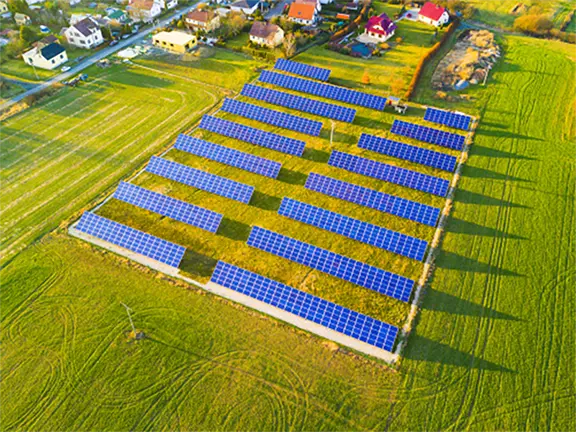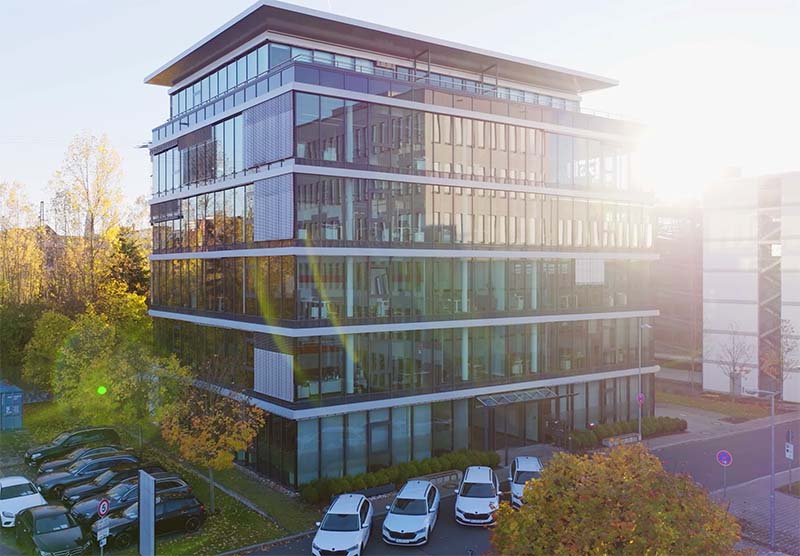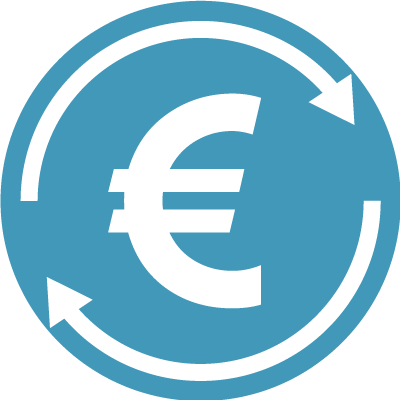

€ transaction volume
Projects
Countries
MW capacity




On average, returns from a solar investment with EEG remuneration are around 7–8% per year. However, the return of a solar park can be significantly higher, especially if the electricity generated is sold directly on the power exchange and benefits from current market prices for solar energy. As a result, solar park returns can reach up to 10% per year.
In practice, remuneration usually runs via the market premium model, at least for plants commissioned since 2016. The return is composed of two factors: the market value and the market premium.
The market value is the price for the electricity fed into the grid, which you receive from a so‑called direct marketer. The market premium, on the other hand, is paid by the grid operator and changes regularly. In essence, the market premium compensates for the difference between the market price and the statutory feed‑in tariff.
In addition, there are substantial tax advantages when you buy a solar park. These enable you to receive a large tax refund in the year of acquisition, providing additional financial relief.